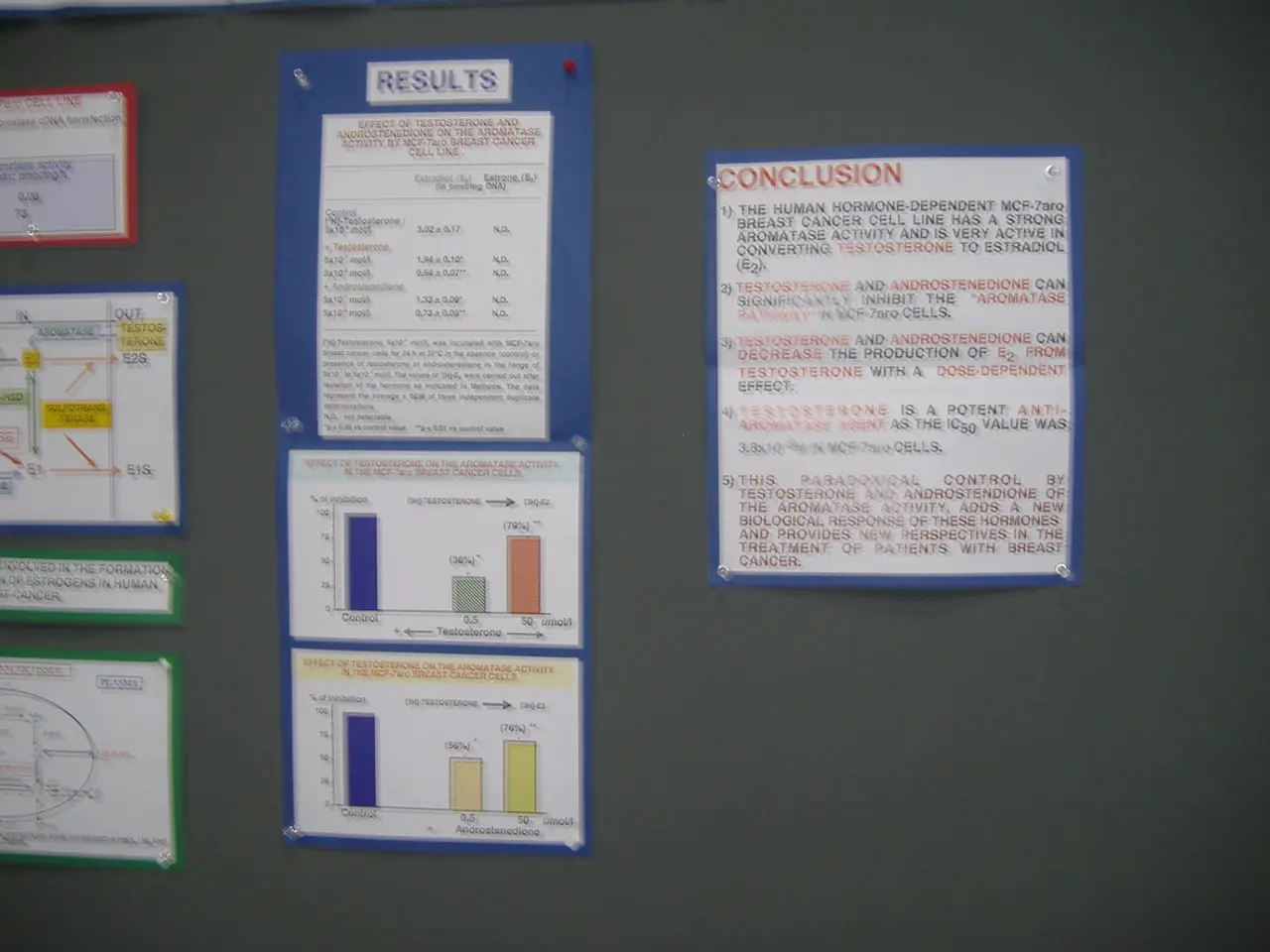Payment Act Regulations Take Precedence over Implied Service Rules
In a significant ruling, the NSW Court of Appeal has reaffirmed that deeming or contractual clauses cannot extend the statutory time for serving a payment schedule under the Building and Construction Industry Security of Payment Act 1999 (NSW).
In the case of Roberts Co (NSW) Pty Ltd v Sharvain Facades Pty Ltd (Administrators Appointed), a subcontract between the two parties, a deeming clause providing that a notice given after 5pm is to be treated as having been given and received at 9am on the next business day did not extend the statutory time period for service of a payment schedule.
The payment claim was served on 28 February 2025, and Sharvain Facades Pty Ltd (Administrators Appointed) emailed a payment claim for $3,207,999.03 to Roberts Co (NSW) Pty Ltd using an electronic payment system. However, the payment schedule was issued by Roberts Co (NSW) Pty Ltd ten days later, on 17 March 2025.
The Court of Appeal found that the deeming clause did not affect the statutory time period for service of a payment schedule. This means that if a respondent fails to provide a payment schedule within ten business days after the payment claim was served, they may be liable to pay the claimed amount, and the claimant can commence court proceedings to recover the debt.
In this case, Sharvain was entitled to enforce payment of the entire amount under section 15 of the SoP Act as Roberts' payment schedule was issued out of time. The Court of Appeal dismissed Roberts' appeal, and the time of actual service was 28 February 2025. As a result, the ten business days after that date expired on 14 March 2025, and Roberts' payment schedule was issued out of time, being provided more than ten business days after service of the payment claim.
This principle ensures the Act’s procedural strictness, promoting timely payment dispute resolution in the building and construction industry. It is worth noting that such deeming clauses are not uncommon and are often included in construction contracts. However, they cannot validly extend the statutory time for serving a payment schedule under the SoP Act.
In contrast, if a clause purporting to extend or alter the prescribed time for serving a payment schedule is void under the Act, this invalidity applies specifically for the purposes of the SoP Act deadlines, not necessarily void in every legal aspect. The Act preserves its statutory timing provisions as mandatory, and any contrary provision is simply disregarded for SoP compliance but may remain valid in other legal contexts.
This case highlights the importance of understanding the legal requirements surrounding payment schedules in the construction industry and the consequences of non-compliance with the statutory time limits under the SoP Act.
The deeming clause in construction contracts, primarily related to the finance and business sectors, cannot validate extensions of the statutory time for serving a payment schedule under the Building and Construction Industry Security of Payment Act 1999 (NSW), as demonstrated in the Roberts Co case. Ignorance of this requirement in the industry may lead to legal consequences for non-compliance with the statutory time limits provided by the SoP Act.




